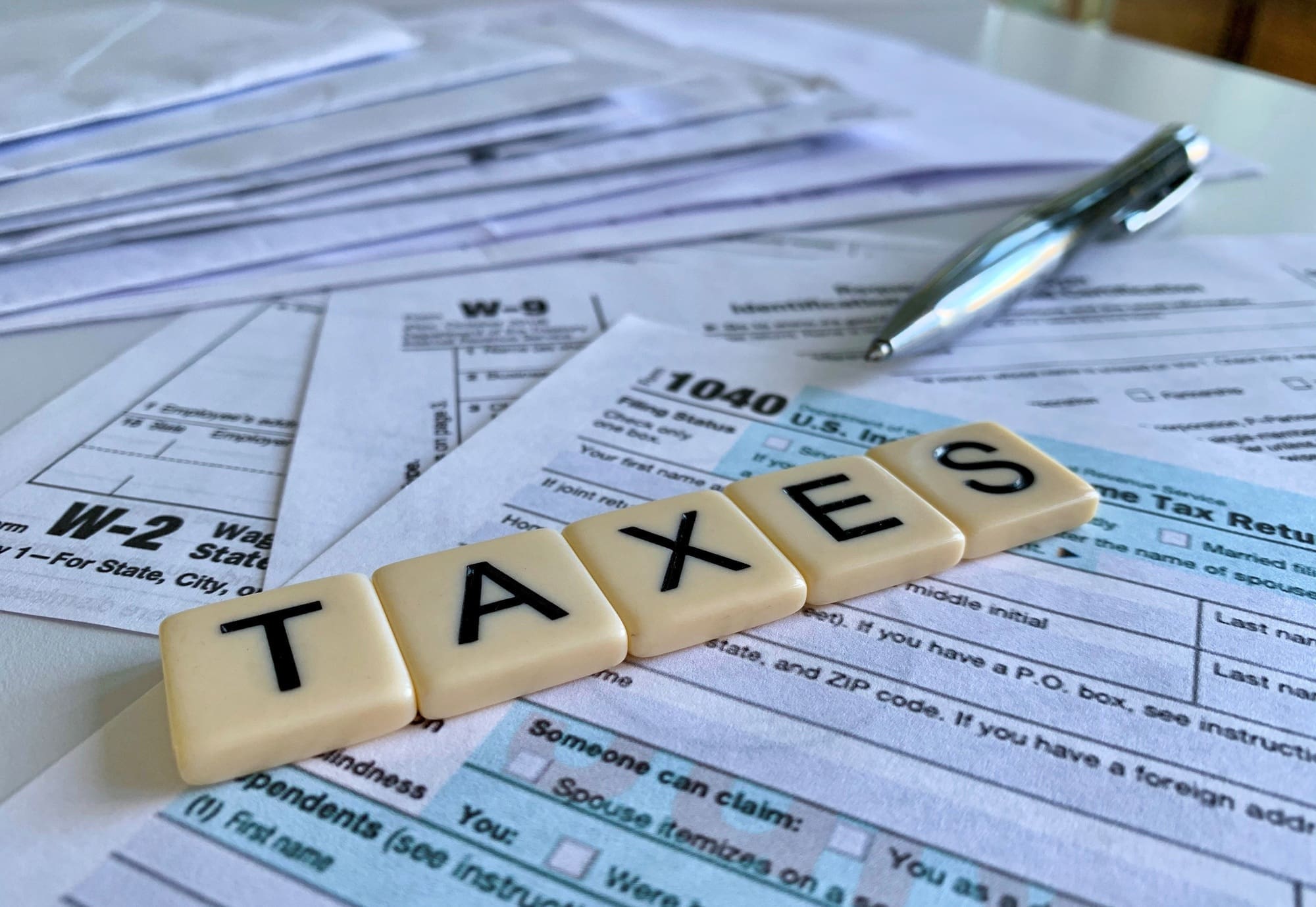Covid 19, Wills & Tax Planning
Ian Bond TEP, chair of the Law Society’s wills and equity committee, recently stated to the Daily Telegraph that levels of requests for will drafting are now up 30 per cent. That corresponds to what I have heard from contacts in the legal profession. Indeed, I have recently amended my own will through a codicil.
There are many issues which arise in the current crisis and solicitors and will writers are in a difficult position as it may not be possible to comply with the government’s guidance to reduce social contact while also arranging for wills to be validly signed.
To take one example, attestation by two witnesses present at the same time, while maintaining personal separation, is a particular difficulty, especially if the testator is in isolation and unable to ask independent witnesses into the room. However, witnessing a will from the next room or through a window might be challenged as not being formally in the testator’s presence, although there is some very old case law in the form of Casson v Dade 1781 to suggest it may be sufficient to have two witnesses who are in line of sight though not in the same room.
The government’s guidance should be every practitioner’s starting point. In practice this may mean sending wills to testators and asking them to make arrangements for suitable witnesses to visit while maintaining distance so far as possible. However, it will be for each practitioner to make a decision on the merits of the particular case and the relative risks to both the client and the practitioner.
A partial solution may lie in technologies such as Skype and Facetime, which for tax practitioners are or should be rapidly replacing face to face meetings and I suspect will continue to do so after the crisis, although there is not yet any official confirmation that e-signatures or video-witnessing will be accepted by the authorities. The government recently officially accepted the Law Commission’s opinion that electronic signatures on contracts and many deeds are already legally valid in England and Wales without the need for formal primary legislation. However, as things stand wills remain an exception to this.
From a practical and tax perspective, testators are advised to consider their intentions and the wording of their wills such that the ability of their executors to claim the residential nil rate band and transferrable nil rate band is not compromised if they have not already done so.
Take care and stay well.
Steve


